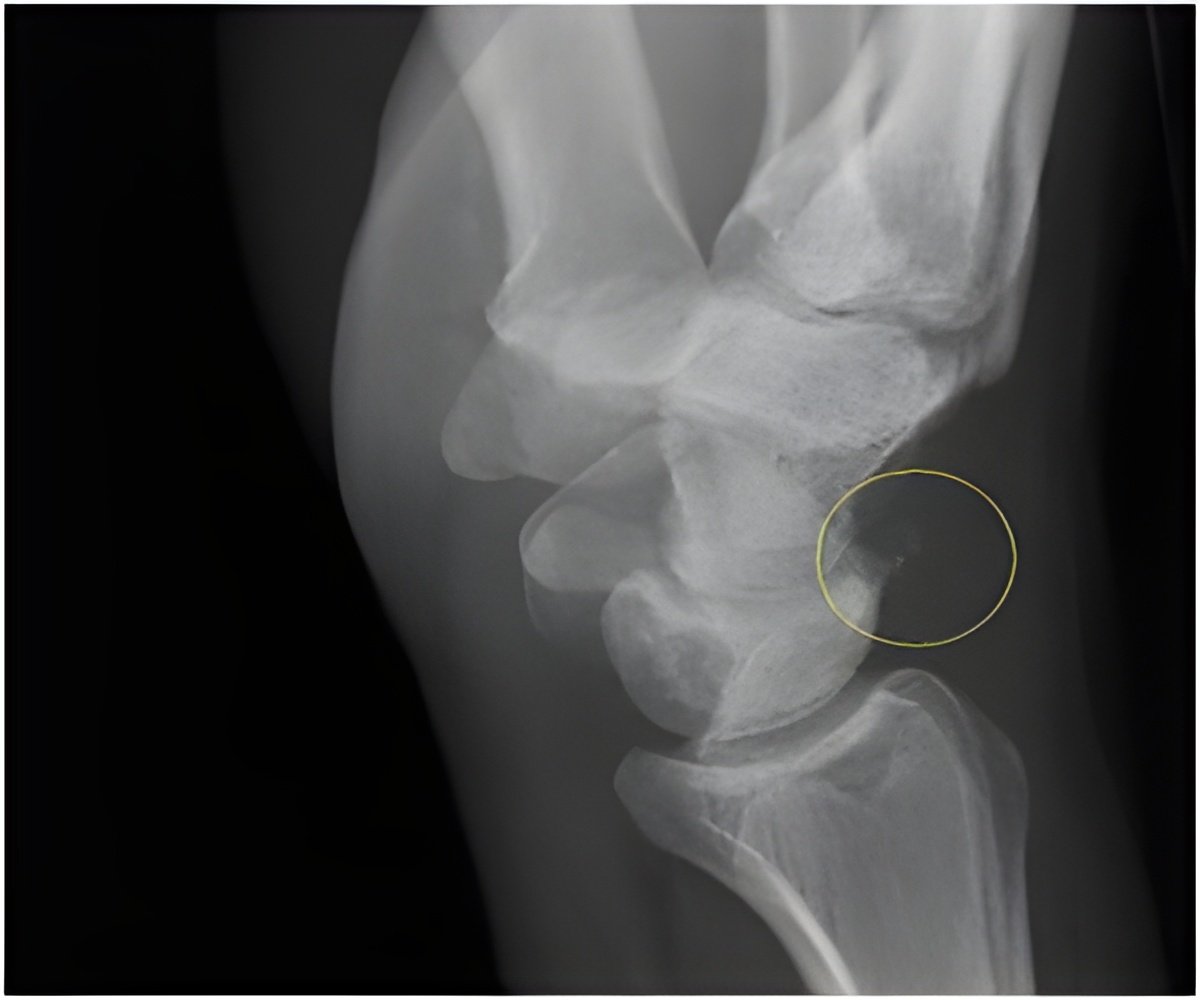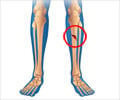
Cameron and his colleagues analyzed data from the JUMP-ACL cohort, which is an existing study of military cadets, detailing motion analysis during a jump landing task at the initiation of each participant's military career. They studied 1,843 individuals from the class years of 2009-2012, with 94 subjects sustaining a lower extremity stress fracture during the follow-up period.
The incidence rate for stress fracture injuries among females was nearly three times greater when compared to males. Knee rotation and abduction angles when landing were both associated with the rates of lower-extremity stress fractures, as were reduced knee and hip flexion angles, and increased vertical and medial ground reaction forces.
"Lower extremity movement patterns and strength have previously been associated with stress fractures and overuse injuries; however, our study is one of the first to identify dynamic knee rotation and frontal plane angles as important prospective risk factors for lower extremity stress fractures. We hope that by better understanding the movement patterns associated with lower extremity stress fracture injury risk we can help create programs for prevention," said Cameron. The study was supported by research grants from the Congressionally Directed Medical Research Program's (CDMRP) Peer Reviewed Medical Research Program and the National Institute of Arthritis, Musculoskeletal, and Skin Diseases (NIAMS).
Source-Eurekalert














